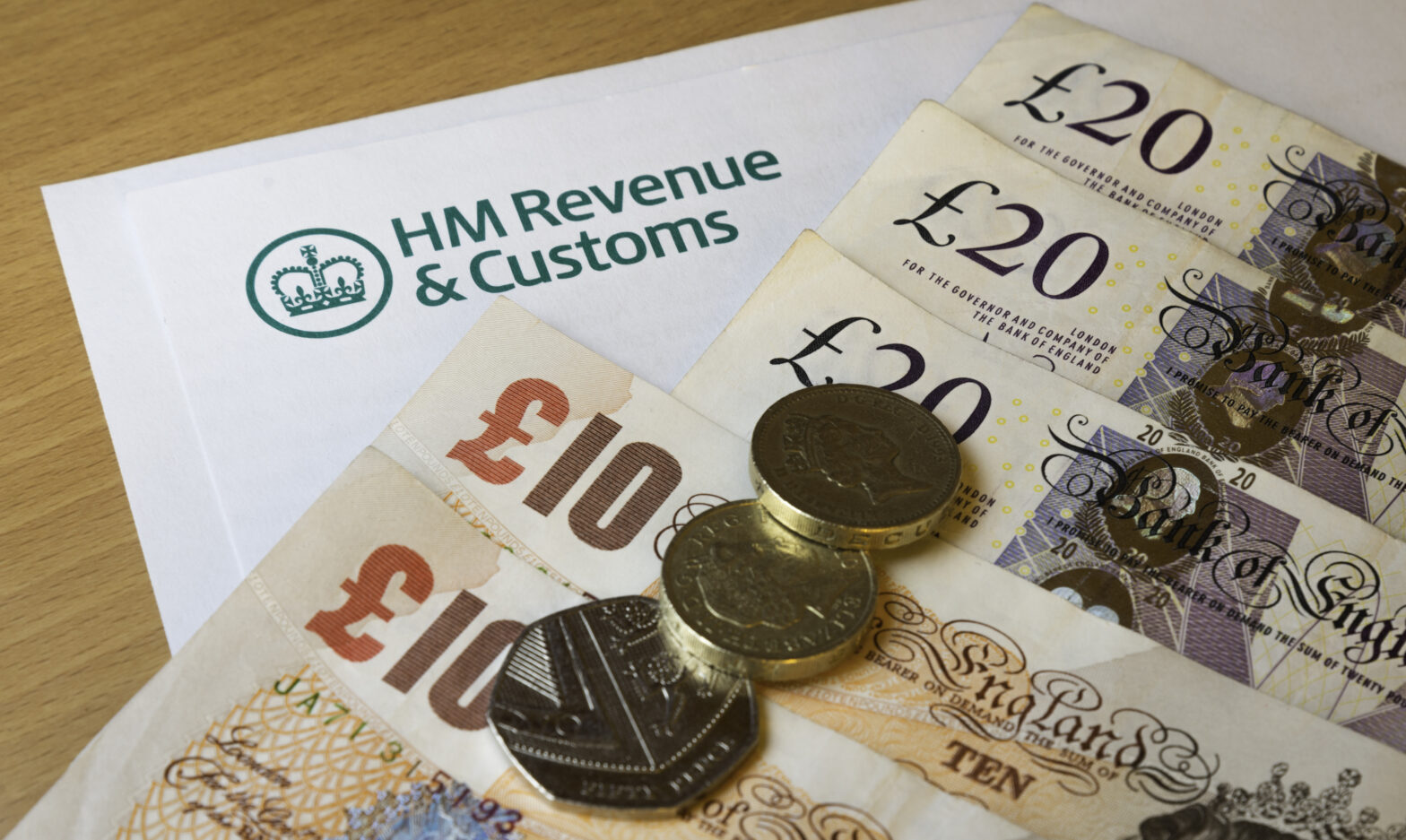HMRC closed its consultation with the UK’s business community ahead of ‘Making Tax Digital’, its project aimed at creating a modern digital tax accounts system to fit with the digital age. The UK200Group, has been an active part of the consultation process and has in turn asked its members for their views and the views of their SME clients.
The response document concludes that, ‘In summary, as a group of independent chartered accountancy and law firms, we consider that there are great benefits to be obtained from Making Tax Digital (MTD).’
The summary
The timescale for implementation is too short for full consideration and resolution of the issues.
The principle of self-assessment, and the HMRC-taxpayer relationship, will be fundamentally changed.
HMRC do not seem to understand how accounts are prepared and used by businesses. They seem to regard tax as the primary purpose of accounts, and to seek to alter GAAP for the convenience of HMRC and MTD without regard to the needs of other users of accounts.
Taxpayers’ appetite to engage with MTD is small, and the proposals seem to offer few benefits to off-set the costs and the taxpayers’ ability to engage has been overestimated, and the cost and difficulty of overcoming the obstacles has been understated.
Recommendations
The document recommends that the digital tax accounts be set up now, providing a central place for a taxpayer to see the information HMRC currently possesses about them and a mechanism for providing HMRC with information simply and automatically (reducing the need for phone calls and letters).
HMRC should consult on the future design of the tax system. Changes in the rights and responsibilities of various parties, and in particular new obligations on taxpayers, should not be introduced until that consultation is complete and the necessary technology has been tested over a full compliance cycle (one year of interim reporting plus the end of year procedures).
Simplifications of accounting should be optional, for tax purposes only and clear benefits for taxpayers should be identified, incorporated, and publicised as well.
What does Making Tax Digital mean?
The UK200Group chose to take a lead on tax digitisation because it represents the interests of 150,000 SMEs through its members.
By 2020, businesses, self-employed people and landlords earning over £10,000 per annum will manage their tax affairs through a digital, online account, and will be required to update HMRC at least quarterly.
These digital tax accounts will be a more sophisticated version of the personal tax accounts which are already in use for individuals, and allow taxpayers to see their pay-as-you-earn position, tax credits and National Insurance Contributions, plus an estimate of state pension on retirement. However, by 2018, banks and building societies will be required to report interest payments to HMRC to be included in digital tax accounts, and individuals will be able to report additional sources of income digitally.
Easier to use?
Digital tax accounts for businesses will show an overview of income tax or corporation tax, VAT and National Insurance Contributions, plus income and expenses on a quarterly basis.
Taxpayers will be expected to use software accounting systems to record day-to-day transactions, categorise them into different types of income and feed back to HMRC.
The response to the consultation is led by Andrew Jackson, head of tax at UK200Group member Fiander Tovell, chair of the UK200Group tax panel, and member of the consultative committee of the office for tax simplification.
Jackson agrees that getting small business to use accounting systems will reduce errors, and if people are making fewer errors they should have a more accurate idea of how their businesses are performing.
He adds, ‘This is going to affect small businesses more than it affects larger ones because the overheads for setting up accountancy systems are going to remain broadly the same, regardless of turnover.
‘A complex accounting system, for example, is also massively over-engineered for a lot of the UK’s businesses, which might only have half a dozen clients or customers.’





